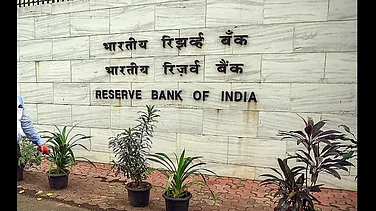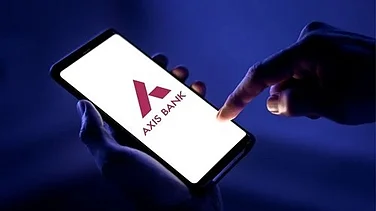The year 2020 saw many organisations accelerating their digital initiatives, with financial institutions being no exception. Technology has been playing a significant role in adapting to changing customer expectations and evolving business needs. However, most banks are yet to unlock the complete potential of digital.
Connected banking is the need of the hour
Banks need to transform and provide a boundaryless, extended ecosystem—one that allows the stakeholders to interact in a coherent and coordinated manner and serve customers through their preferred channels. The focus must be on enabling remote and agile operations, fostering product innovation, and delivering a delightful customer experience.
Driving factors for connected banking
Connected banking is all about creating a synergistic organisation that bridges silos and functions together to address the four key drivers—customer experience, product innovation, operational efficiency, and scale and compliance.
· Customer Experience
Delivering a seamless and customer-centric experience is no longer a matter of choice. A frictionless experience can ensure customer loyalty, cost reduction, and increased profitability. It has become essential for banks to provide a connected, omnichannel experience to their customers to set themselves apart from their peers.
· Product Innovation
The fast-changing market dynamics require banks to come up with products and services that are oriented towards their customers’ needs. The speed of implementation, therefore, also becomes critical. Banks ought to foster innovation for strategising and developing their offerings in a cohesive, sustainable manner.
· Operational Efficiency
Operational efficiency has always been a prime focus for banks to reduce costs, increase speed, and enable agility. Connected banking offers a new, holistic, and customer-centric approach to bring efficiency into banking processes. An efficient, nimble bank is more equipped to handle current as well as future challenges.
· Security and Compliance
Financial institutions need to adhere to many security and regulatory compliances. This requires standardization of processes and policies and the adoption of technologies that are secure and compliant with regulatory norms.
Emerging technologies to enable connected banking
Banks need to embrace change and harness the power of digital to provide a superlative banking experience. Here is a glimpse of three technologies that can support connected banking now and in the future:
· Cybersecurity
Cybersecurity plays a critical role in exchanging sensitive data securely between banks and customers. Access to information needs to be secure and thoroughly monitored while staying compliant. Blockchain technology can be an enabler for information security, protecting banks and customers from potential vulnerabilities and threats.
· Artificial Intelligence (AI)
AI helps in providing context to communications and streamlining end-to-end customer journeys. It can enable personalised and omnichannel interactions for a consistent experience. Banks must leverage AI for bolstering their growth strategy.
· Open API and microservices architecture
Banks can become more agile and connected by utilising open APIs and microservices-based architecture. It can enable financial institutions to become more resilient and robust while supporting seamless integrations and interoperability between multiple channels.
To Conclude
The banking landscape is increasingly turning digital as more people are preferring digital mediums to meet their banking requirements. It is, therefore, imperative for financial institutions to build a connected enterprise that provides omnichannel engagement, contextual communication, and anytime-anywhere access, thereby meeting and exceeding customer expectations. Banks must boost their digital initiatives and utilize new-age technologies to stay future-proof, relevant, and competitive.
The author is Head of Banking Excellence- Newgen Software
DISCLAIMER: Views expressed are the authors' own, and Outlook Money does not necessarily subscribe to them. Outlook Money shall not be responsible for any damage caused to any person/organisation directly or indirectly.


























